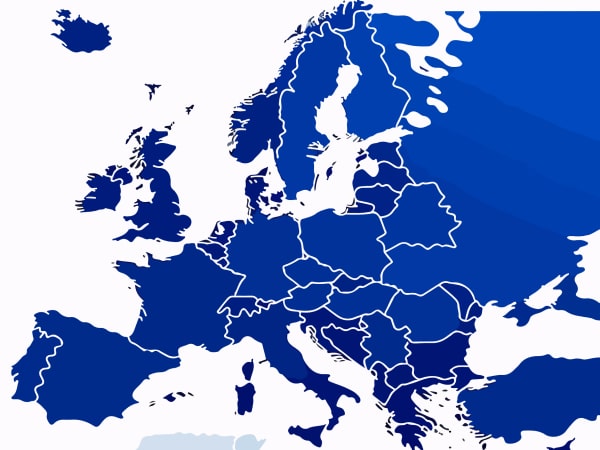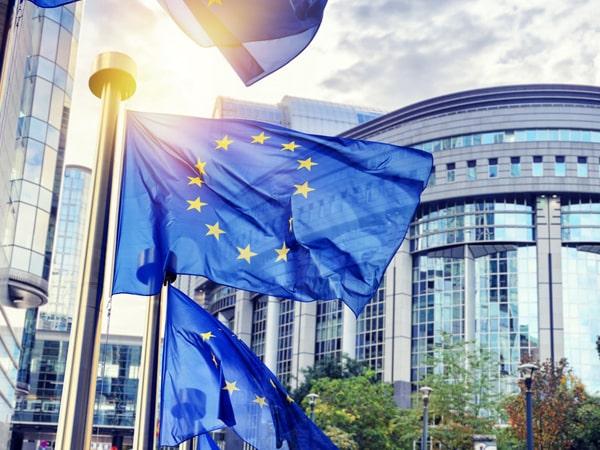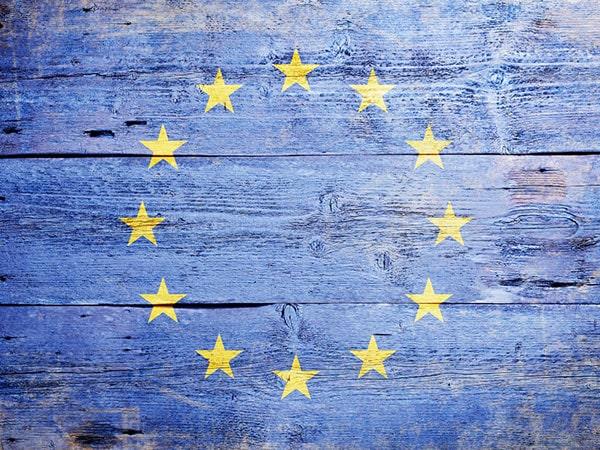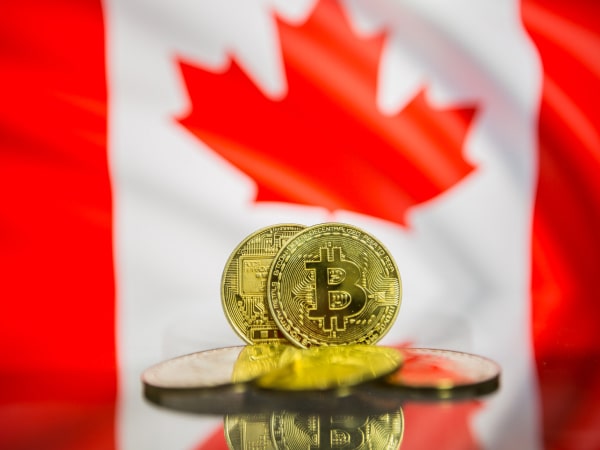To understand lootbox legislation trends, let’s start with the definition of a loot box. Loot boxes are game boxes containing random in-game items purchased with real money. To rephrase, the player initially does not know exactly what they will receive as part of the purchase. They may receive a random in-game item that is either equal to the purchase amount or less or more than the purchase amount.
Loot boxes are not regulated by any one general law or regulation. As such, each country or jurisdiction has its own laws regarding loot boxes, allowing it to determine on a case-by-case basis whether this type of in-game monetization falls under local gambling laws or not.
In general, international lootbox laws have their own specific features and characteristics.
It should be noted, however, that many countries have no regulations at all that regulate loot boxes. This creates a number of problems for developers who, for example, want to release the same game in multiple regions around the world.
China and Japan are called the “cradle of loot boxes”: the first examples of future loot boxes emerged in these eastern countries. The lootbox legal framework in these countries is very strict.
China has strict and thorough gambling laws, which include loot boxes. The law prohibits the purchase of loot boxes with real or virtual currencies. Developers must also disclose the odds of winning individual items in loot boxes. In addition, public records of prizes and results of loot boxes for the past 90 days must be provided.
In Japan, there are a number of requirements for loot boxes, which include, in particular, disclosing the probability of receiving a certain item and taking measures to prevent trading virtual items using real money. At the same time, multi-tiered loot boxes, which must be filled sequentially in order to move to a higher level of the game, are still prohibited.
On February 27, 2023, the South Korean government passed a bill amending the Game Industry Promotion Act. The revised lootbox legal guide specifically requires video game developers to disclose the probability of receiving loot box items in games, as well as on official websites and when used in advertising.
Dutch laws prohibit the offering of gambling without the necessary permits, and loot boxes were included in these rules in 2018.
France’s national gambling authority has concluded that loot boxes are not subject to gambling regulations unless the items inside the loot boxes have real monetary value.
The Belgian Gambling Commission ruled back in 2018 that allowing players to buy loot boxes with real money is legally considered gambling. A company must have a license to be able to legally supply gambling products and services in Belgium.
Despite the above, Belgian gamers are able to access versions of games containing loot boxes in other jurisdictions using a VPN. This maneuver shows that there is no uniform legal regulation of loot boxes for each country.
Back in 2022, the Spanish Ministry of Consumer Affairs announced a bill to regulate loot boxes in order to protect minors from addictive gambling behavior. However, as of today, the aforementioned bill remains just a bill.
From January 1, 2023, games with loot boxes must carry the warning label “In-Game-Käufe + zufällige Objekte [in-game purchases + random items]”.
Loot boxes are not covered by the Gambling Act in Poland. The local Gambling Act does not recognize randomized reward mechanisms used in interactive entertainment. The legislator believes that virtual items are not monetary or material prizes. In addition, such virtual content cannot be considered a material prize within the meaning of Polish law, since it does not have any material form. The Polish Ministry of Finance believes that loot boxes should not fall under the definition of any gambling regulated by the Gambling Act. The mere fact of the presence of an element of chance does not automatically lead to the fact that the game is considered gambling.
Lootbox regulation analysis varies significantly in different jurisdictions. There are countries that have a complex system related to gambling and loot boxes. Therefore, if a developer is going to release a game with a lootbox element of any kind, lootbox policy differences should be taken into account. Specialists of FINTECH HARBOR CONSULTING have a solid knowledge in country-specific lootbox laws and are always ready to help their clients who want to engage in loot boxes.
















